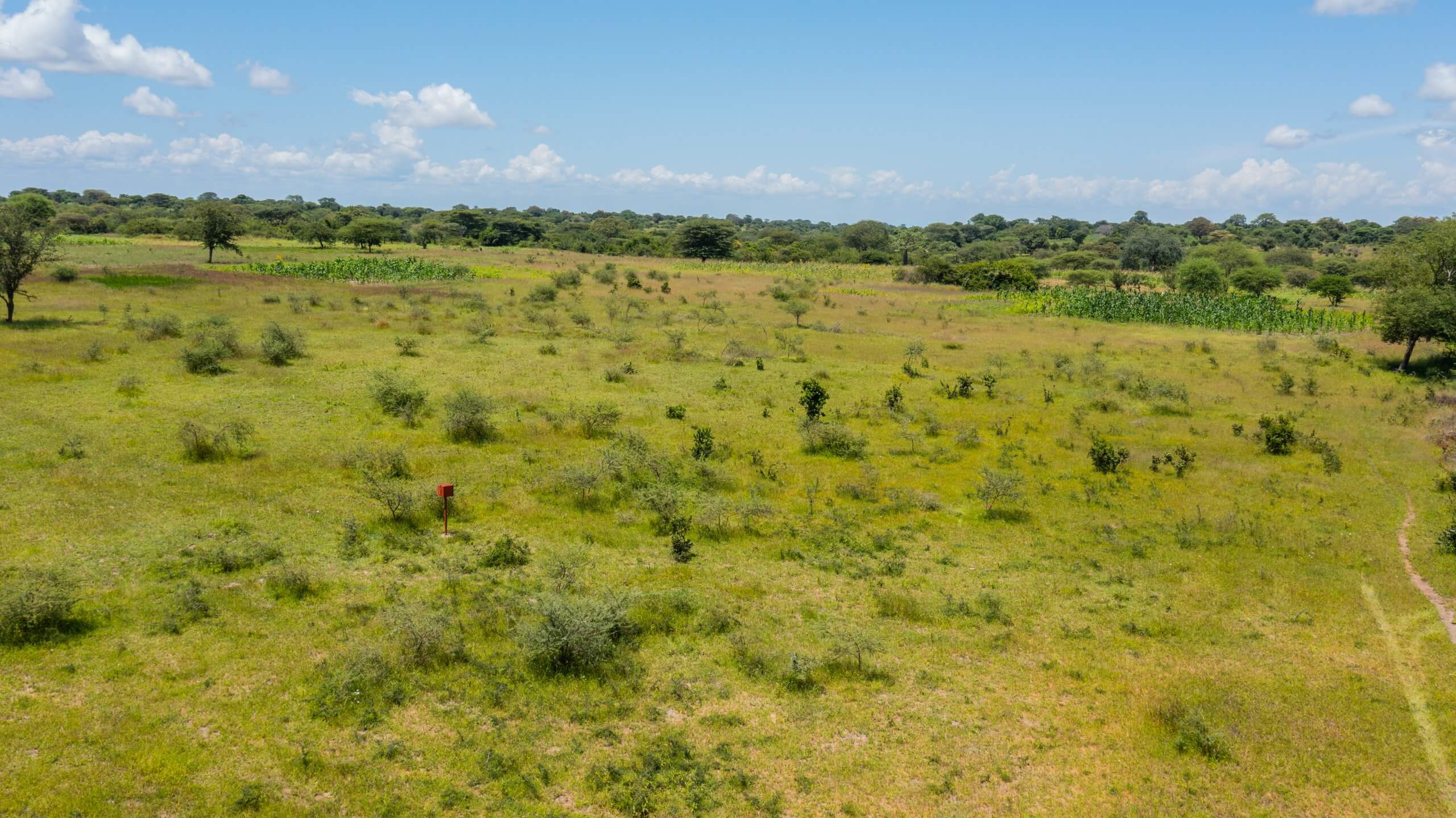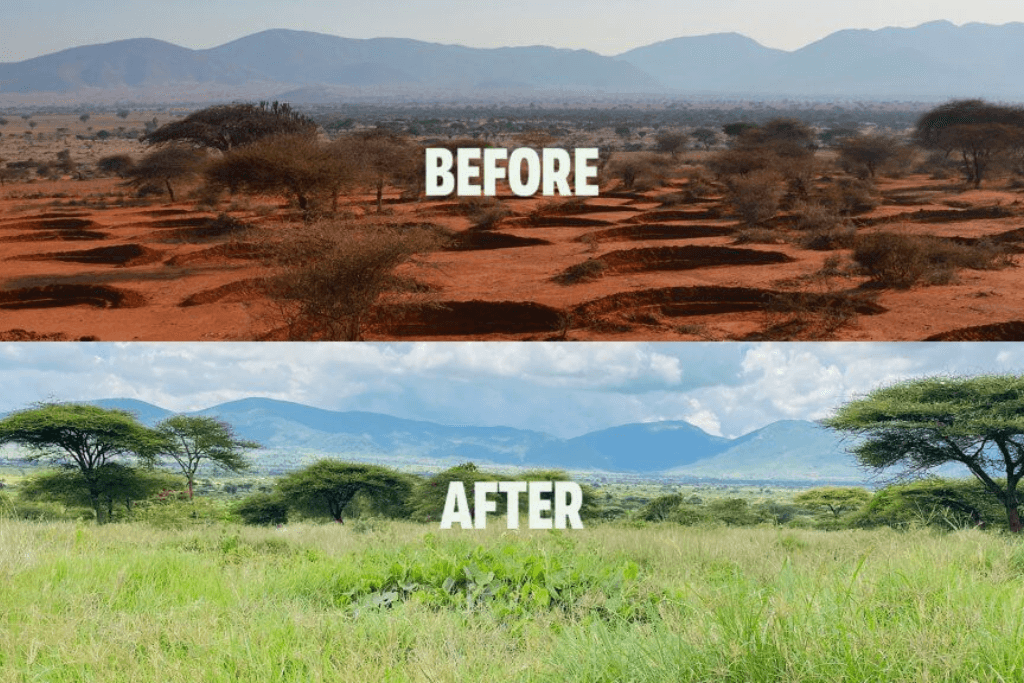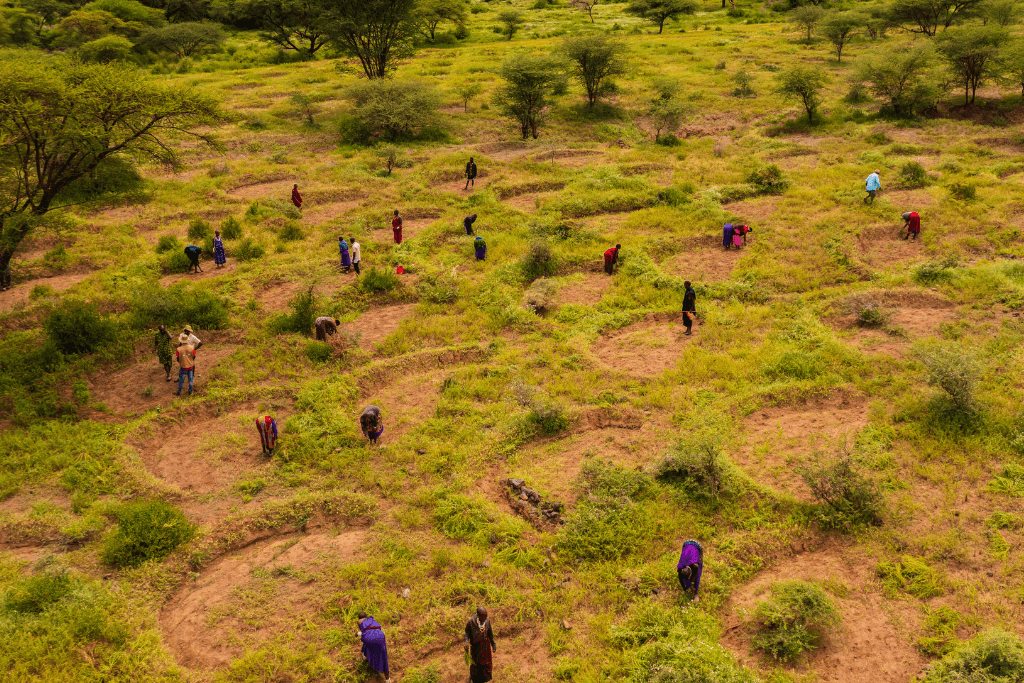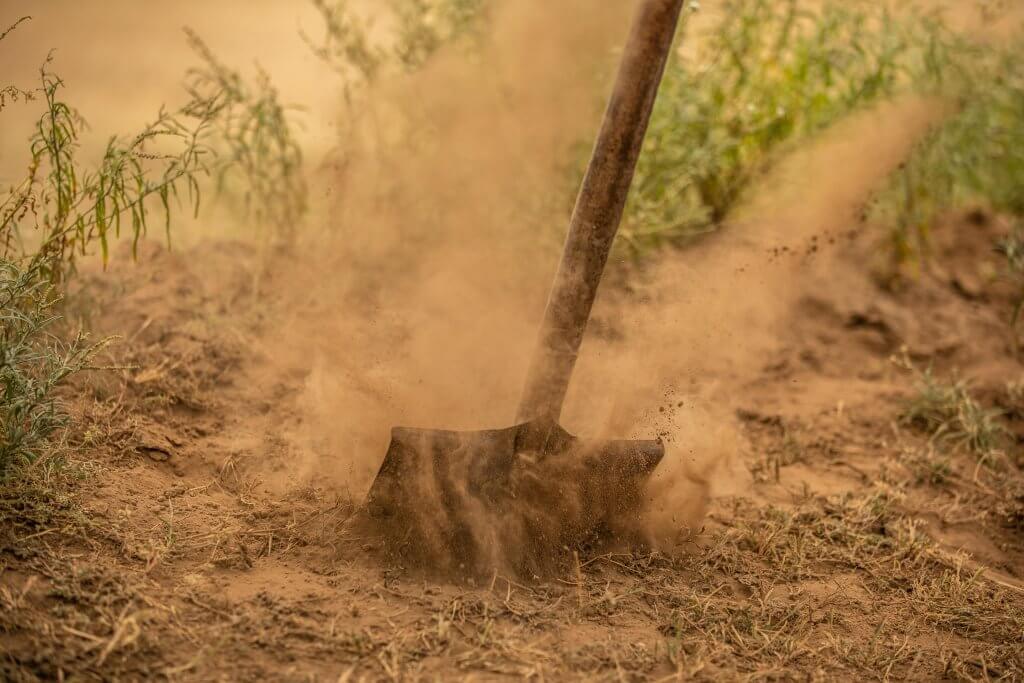Singida update II 2023
Singida
This year’s progress report is filled with good news about our growth! We celebrate the third anniversary of the Regional Office East Africa in Nairobi, where most programme activities are now being carried out. We are working on many more others, and one of them is designing a new programme in Senegal. The aim is to bring back trees and restore degraded farmland. We are also thrilled to share that most project areas in Kenya and Tanzania received much-needed rain last season, as they experienced droughts during the rainy seasons!

The regreening programme in the Singida region has been proceeding very well. Although we see some variation in the progress between different districts, the programme is generally on course to reach the targets. Currently, 23,157 households have been trained, of which 16,747 started practising FMNR (Farmer Managed Natural Regeneration). 380 institutions, such as churches, mosques, health posts, and schools, have also begun to bring back trees. We also promoted regreening degraded areas of communal land into village forest reserves, of which 60 have been established. All combined, about 540,000 trees have been regenerated so far! Besides FMNR, we also promote the digging of water harvesting trenches. We usually use their Swahili names – Fanya Juu and Fanya chini. These interventions mainly apply to sloping land, where they prevent runoff and erosion and retain rainwater for plant growth. In this programme, 145 farmers have started digging these trenches. Together, they dug 239 fanya’s with a total length of over 14 kilometres!
An essential activity that happened in the last 6 months was the organisation of the returning training session for champion farmers. All 296 champion farmers came together in Singida town to get reacquainted with Kisiki Hai and to learn more advanced aspects and skills about bringing back trees. Also, growing trees for the production of fodder was another topic that was discussed. By training these champion farmers, we aim to reach as many farming households as possible to make an impact on a large scale. District coordinators have continuously been coaching and mentoring champion farmers, who are essential in promoting the interventions and monitoring the adoption.
Overall, coordinators have done 276 village visits, where champions have been guided, and farmers have been visited. 4 community meeting events were held, where over 200 community members participated in discussions about the programme and sharing their experiences.





